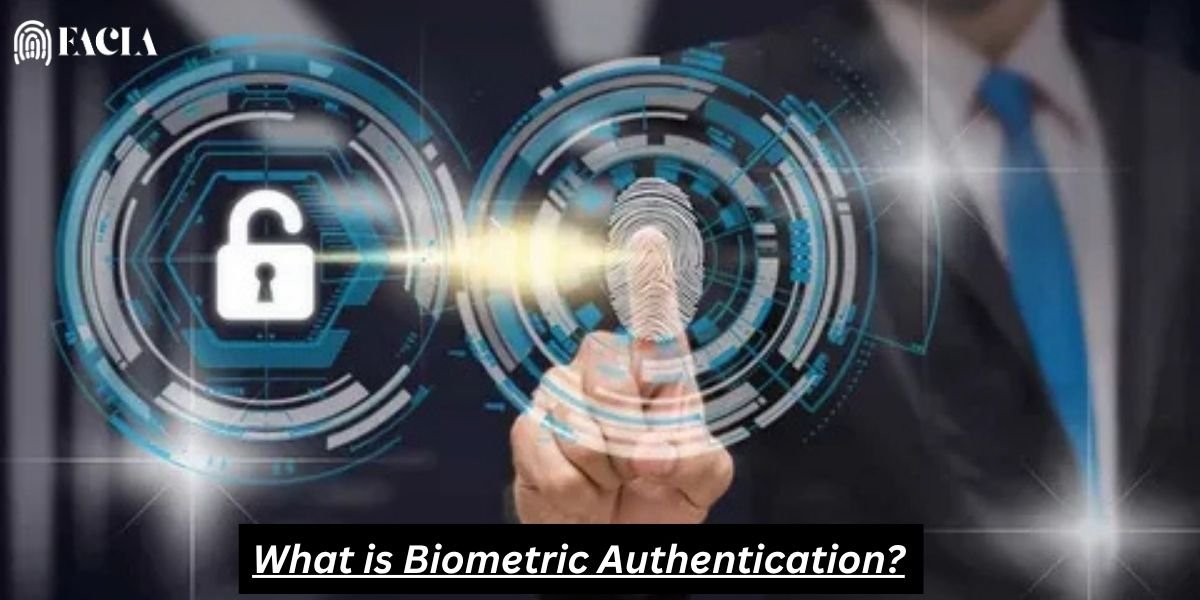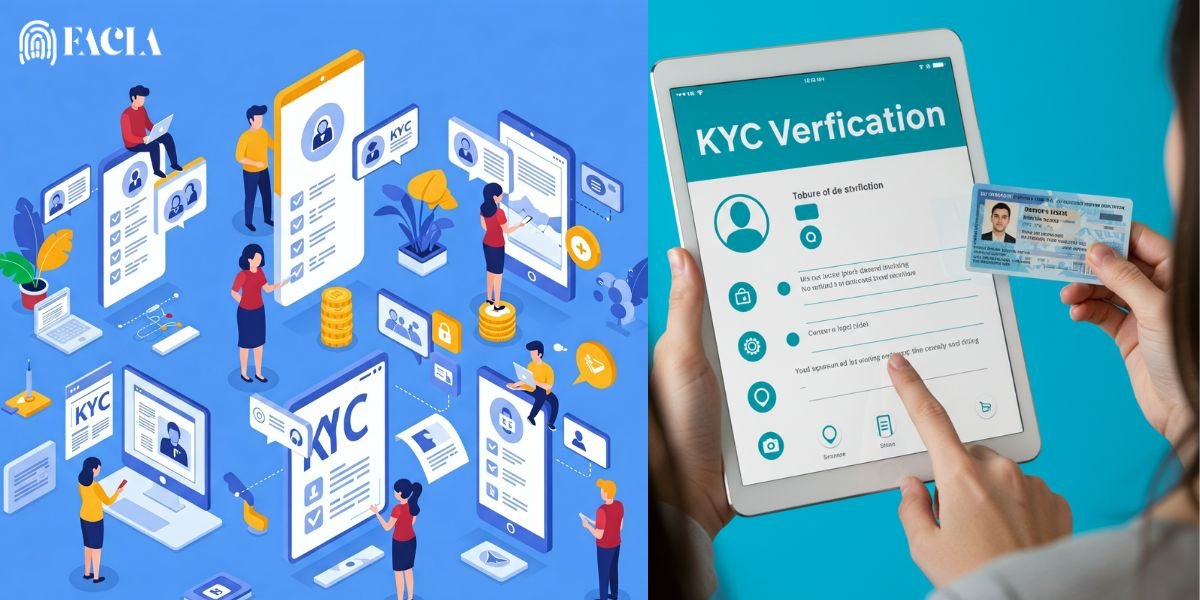Introduction:
For secure identity identification that ensures industry confidence and acceptance, authentic ID papers are important. Still, expiring IDs may cause serious risks, from fraud to punishment from the government, especially in the travel, healthcare, finance, and KYC industries. When clients provide out-of-date identification, most businesses face issues that result in delays and problems with security. Real-world examples show that using expired documents puts one at risk for fraud and identity theft. To maintain security, compliance, and a smooth user experience, it is important to confirm that only valid identification is accepted. It is essential to save yourself from expired IDs because, by doing this, we can stay away from many frauds and also save ourselves from criminals.
Expired IDs:
An official identity document that has passed its validity date as set by the issuing authority, such as a passport, driver’s license, or national ID, is said to have expired. These papers run the risk of fraud and compliance violations once they expire since they are no longer valid for verification. Many issues have come up regarding expired IDs, which have already been discussed in the world. To address expired IDs, we need to implement specific measures. Here are some documents that may be included:
- Passport
- Residence permit
- Work authorized documents
- National ID card
- Driving licence
- ATM Card
An ID loses its validity when it expires and cannot be used to verify identity, age, or legal status. Accepting these could result in fraud, legal risks, or infractions, particularly in regulated sectors like healthcare, banking, or alcohol sales.
Discover More:
| Iris Recognition Technology in Our Identity World | The Need for KYC Verification in Modern Business Landscape |
| AML Compliance – How Nations Combat Money Laundering and Financial Crimes | KYC Crypto: What It Is & Why Exchanges Need It in 2025 |
How ID Scanners Detect Expired IDs:
It is possible for ID scanners to detect fake identification documents and driver’s licenses that are not authentic; at this point, many fake IDs continue to scan. In general, scanners are able to acquire important details from identification cards, such as:
- DOB
- Name
- Address
- Valid Date
- Physical Appearance
An ID barcode scan displays part of this information. The scanning technology will notify the operator if an ID is thought to be false or invalid. For example, the tool used for scanning may provide the following message after scanning an expired ID: “This ID expired.”
Policy for expired ID Acceptance:
The most valid papers should be utilized whenever possible; there are situations in which you could accept documents that have expired. ID cards , passports, and driving licenses: these documents are accepted after the valid date but just for the required time according to law policy.
You may establish extra restrictions on your ability to accept papers that have expired. For example, you may decide to only accept passports that have expired and include NFC tags from particular nations, or just for a maximum of six months. Other organizations, like your dependent parties, may decide on limits, or you may choose to impose them yourself.
Banking Difficulties:
People have complained about having trouble opening bank accounts using IDs that have expired. Without proper identity, some banks have declined to process transactions, while others have asked for further documentation, such as social security cards or utility bills.
Electronic verification:
When users with expired IDs try to authenticate themselves on sites like ID.me, they are required to provide renewal papers and participate in lengthy video conferences with document examiners.
How to Spot Expired ID:
Clearly verify the expiration date displayed on the ID and compare it with the current date to identify an expired ID. This method may be automated to detect expired or manipulated IDs with the use of advanced tools like OCR (Optical Character Recognition) and template matching. Also, reliable validation is ensured by cross-referencing with government or third-party databases.
Human Error in Manual verification:
Because of reduced expiry fields, inadequate clarity, or insufficient picture quality, manual examiners frequently ignore expired IDs.
According to one actual example, a nightclub bouncer risked legal consequences after they unintentionally accepted an outdated ID under the dark surroundings.
This explains how making costly errors can result from depending just on human judgment.
Layout Matching:
Format and layout matching is the process of verifying that all the information, particularly the expiration date, is correct by comparing an uploaded ID with a recognized, official version.
To trick the system, fraudsters frequently alter scanned IDs, such as by relocating or changing the date.
By identifying layout variations, this technique aids in the detection of fake or altered IDs.
Checking Against Authorized ID Records:
When trying to determine whether or not an identification card is still valid, certain identification systems establish direct connections with official government or reliable databases.
For example, immigration officers utilize these checks to quickly detect illegal or outdated identification documents at airports.
This process makes it safer and more reliable by verifying that the ID is valid and not expired.
How to Handle Expired ID Scans:
The encoded data, which frequently comes from the barcode or magnetic stripe, is read by the system whenever an identification card is scanned. Then the system compares the expiry date with the current date. In the event that the ID has ended its validity period, the program will quickly flag it and notify the operator to take the necessary steps. On the basis of this status, certain systems may automatically establish access restrictions or transaction controls. The use of this automated method helps to decrease the possibility of fraud while maintaining compliance with age-restricted rules.
Industry-based Approach:
Developing solutions, regulations, or procedures, especially for a given industry such as retail, healthcare, or finance, is known as an industry-based approach. Because every industry has different requirements and dangers, a one-size-fits-all approach is ineffective.
For example, ID verification deals with age limitations in retail, whereas it focuses on KYC compliance in banking. Better security, efficiency, and industry-specific legal compliance are guaranteed by this strategy.
Finance:
To stop fraud and money laundering, banks and fintech businesses need to observe AML and KYC regulations. Legal consequences and regulatory fines may result from accepting expired documents while creating an account. Automatic ID checks have become essential for both client safety and compliance.
Healthcare:
Unauthorized access to patient information or prescription drugs may result from using outdated or expired ids in the healthcare industry.
For example, someone can misuse sensitive data or visit restricted areas using an outdated staff ID. Verifying the expiry of an ID contributes to patient privacy protection and trust preservation.
Retail Services:
Businesses and websites that offer tobacco, alcohol, or adult content are required to confirm the age of their customers. They run the danger of selling to minors if they accept out-of-date identification, which might result in high charges or license suspension. To maintain legality and for public safety, it is essential to verify expiration dates.
The Role of facia.io:
Expired ID scans pose a serious risk in identity verification, especially when relying on outdated or manual checks. We at facia.io explore how advanced biometric verification technologies are being developed to utilize embedded data and real-time system clocks to identify expired IDs. Our observations address ways in which many businesses are utilizing automation and face recognition to guarantee that only current, legitimate credentials are recognized. By showing these developments, facia.io assists companies in keeping up with the most recent developments in security and compliance. Keep up with advancements in intelligent, fraud-resistant verification by visiting facia.io.
Conclusion:
In conclusion, expired ID scans present serious operational, security, and compliance issues for various sectors. Businesses may efficiently identify and reject irrelevant credentials by utilizing advanced methods like layout matching, automatic expiration checks, and biometric validation. Real-time, seamless verification information is helping businesses in preventing fraud and ensuring regulatory compliance, as demonstrated by platforms such as facia.io. It is becoming ever more important to understand and use such intelligent systems for the safety of both people and companies.





